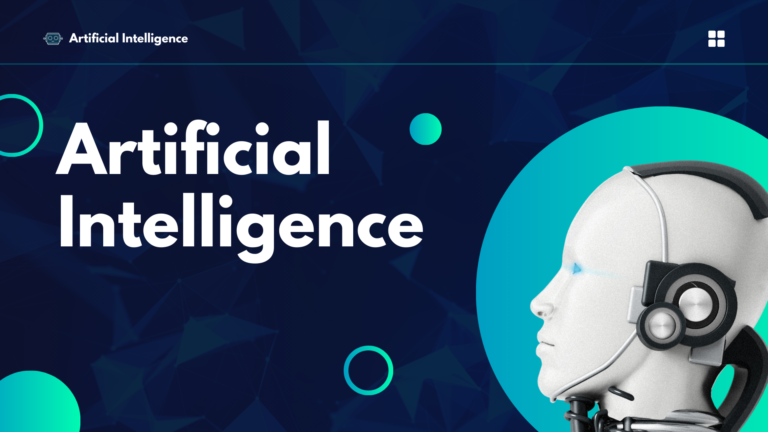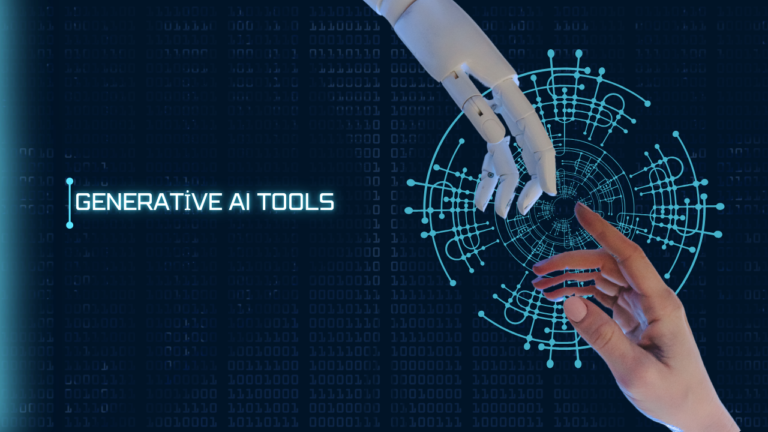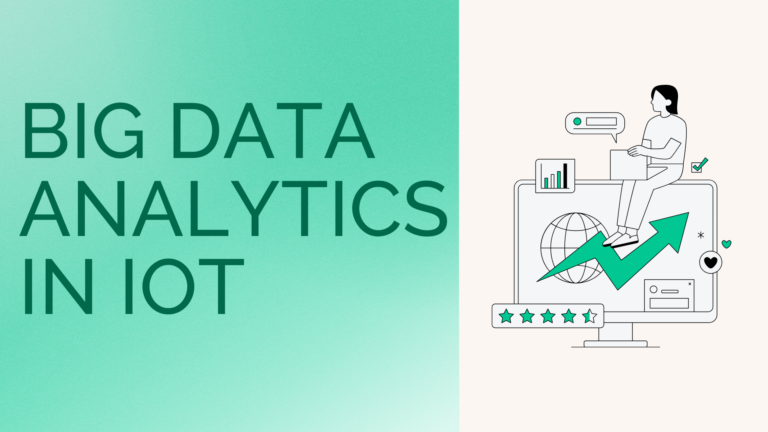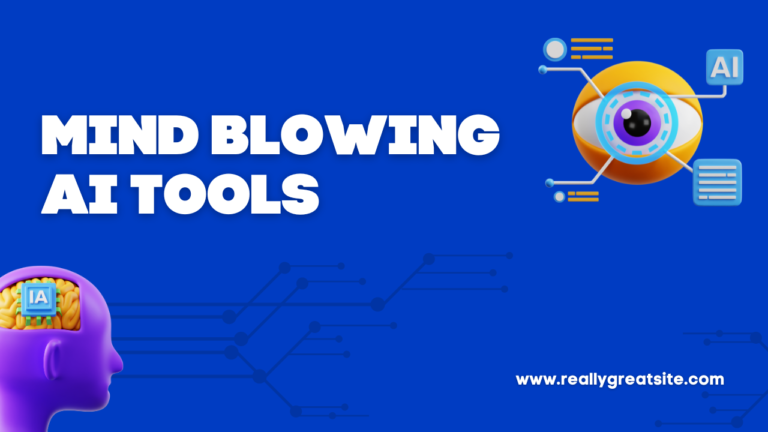Transforming Healthcare: The AI Revolution in Medicine

How is artificial intelligence used in medicine?
In order to improve patient outcomes and health outcomes, artificial intelligence in medicine uses machine learning models to assist in the processing of medical data and provide key insights to medical professionals.
Artificial intelligence in medicine is becoming an essential part of modern healthcare due to recent advancements in computer science and informatics. Medical professionals are supported by AI algorithms and other AI-powered applications in clinical settings and ongoing research.
Currently, imaging analysis and clinical decision support are the most common uses of AI in medical settings. Clinical decision support tools give healthcare professionals rapid access to information or research that is pertinent to their patients, assisting them in making decisions about treatments, medications, mental health, and other patient needs. AI systems are being used in medical imaging to examine CT scans, x-rays, MRIs, and other images to look for lesions or other findings that a human radiologists might overlook.
Numerous healthcare organisations worldwide began field-testing new AI-supported technologies, such as algorithms to help monitor patients and AI-powered tools to screen COVID-19 patients, in response to the challenges the COVID-19 pandemic created for many health systems.
The overall guidelines for the application of AI in medicine are still being developed, as is the research and test results. However, there are more and more opportunities for AI to help researchers, doctors, and the patients they treat. There is currently little doubt that artificial intelligence (AI) will play a major role in shaping and enabling digital health systems that underpin modern medicine.
AI has a lot of potential benefits for the medical field, including accelerating research and assisting doctors in making better decisions.
Here are a few applications for artificial intelligence:AI for diagnosing and detecting diseases
AI doesn’t require sleep, in contrast to humans. Critical care patients’ vital signs could be monitored by machine learning models, which could notify doctors if any risk factors worsen. Vital signs can be tracked by medical devices such as heart monitors, but artificial intelligence (AI) can gather the data from those devices and search for more complicated conditions like sepsis. An IBM client has created a 75% accurate predictive AI model for severe sepsis in premature babies.
Personalised medical care
With virtual AI support, precision medicine may become easier to support. AI models have the capacity to learn and remember preferences, which means that they could be used to continuously offer patients personalised real-time recommendations. A healthcare system could provide patients with 24/7 access to an AI-powered virtual assistant that could respond to inquiries based on the patient’s medical history, preferences, and individual needs, saving them the trouble of having to repeat information with a different person every time.
AI in imaging medicine
Medical imaging is already heavily reliant on AI. Studies have shown that artificial intelligence (AI) facilitated by artificial neural networks can detect symptoms of various illnesses, including breast cancer, with an accuracy comparable to that of human radiologists. By identifying crucial details of a patient’s history and presenting the pertinent images to them, AI can assist clinicians in not only identifying early indicators of disease but also in managing the enormous volume of medical images that they must monitor.
Clinical trial effectiveness
During clinical trials, a significant amount of time is spent updating pertinent datasets and allocating medical codes to patient outcomes. AI can expedite this procedure by offering a more rapid and sophisticated way to look up medical codes. Recently, two clients of IBM Watson Health discovered that they could cut down on medical code searches by over 70% by using AI.
Fast-tracked medication development
One of the most time-consuming and expensive phases of drug development is frequently drug discovery. AI has the potential to lower the cost of developing new drugs in two main areas: improving drug designs and identifying novel, potentially effective drug combinations. Many of the big data problems that the life sciences sector is facing could be solved with AI.
AI’s advantages in medicine
Informed medical treatment
Adding medical AI into the workflows of clinicians can provide important context for the decisions that they make about patient care. By providing physicians with useful search results that include evidence-based insights about treatments and procedures while the patient is still in the room with them, a trained machine learning algorithm can help reduce the amount of time they spend conducting research.
Error mitigation
There is some data to support the idea that AI can enhance patient safety. AI-powered decision support tools can enhance error detection and medication management, according to a recent systematic review (link resides outside of ibm.com) of 53 peer-reviewed studies investigating the impact of AI on patient safety.
Lowering the expense of care
There are numerous ways AI might lower expenses in the healthcare sector. Reducing medication errors, providing personalised virtual health support, preventing fraud, and facilitating more effective administrative and clinical workflows are some of the most promising prospects.
Boosting communication between doctors and patients
Many inquiries from patients come up outside of regular business hours. AI can assist in providing 24/7 support by means of chatbots that can respond to routine inquiries and provide patients with resources outside of regular business hours from their provider. AI may also be used to flag data for additional review and prioritise inquiries, which could help notify medical professionals of changes in a patient’s condition that require more care.








